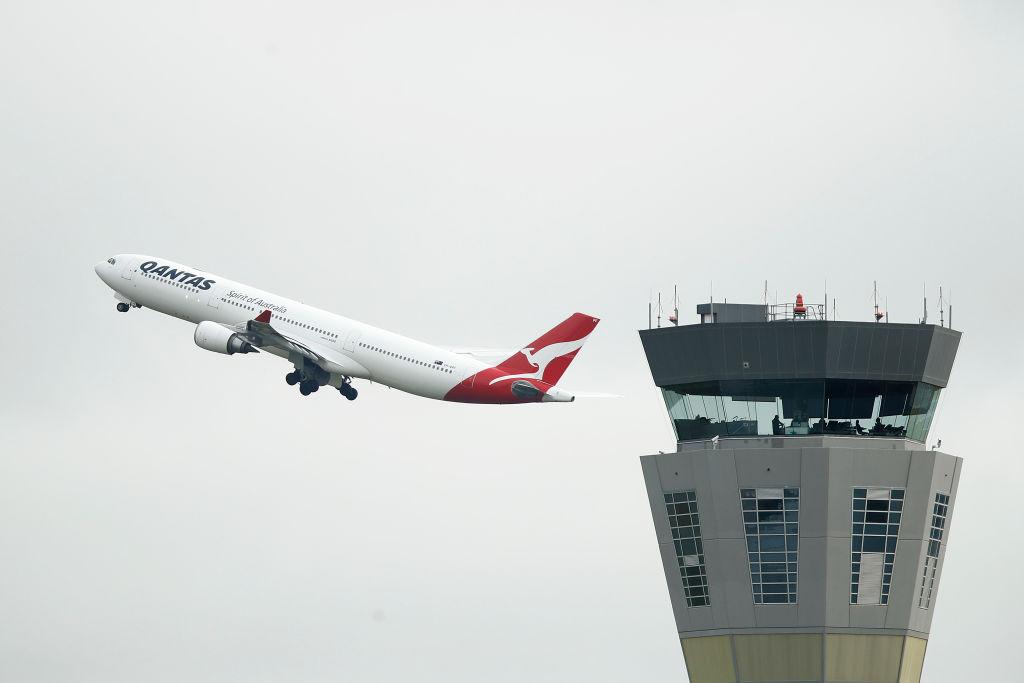International borders remain closed for another three months as Australia’s emergency travel ban has been extended until June 17.
Health Minister Greg Hunt announced the extension yesterday, citing the overseas situation as the main reason.

International borders remain closed for another three months as Australia’s emergency travel ban has been extended until June 17.